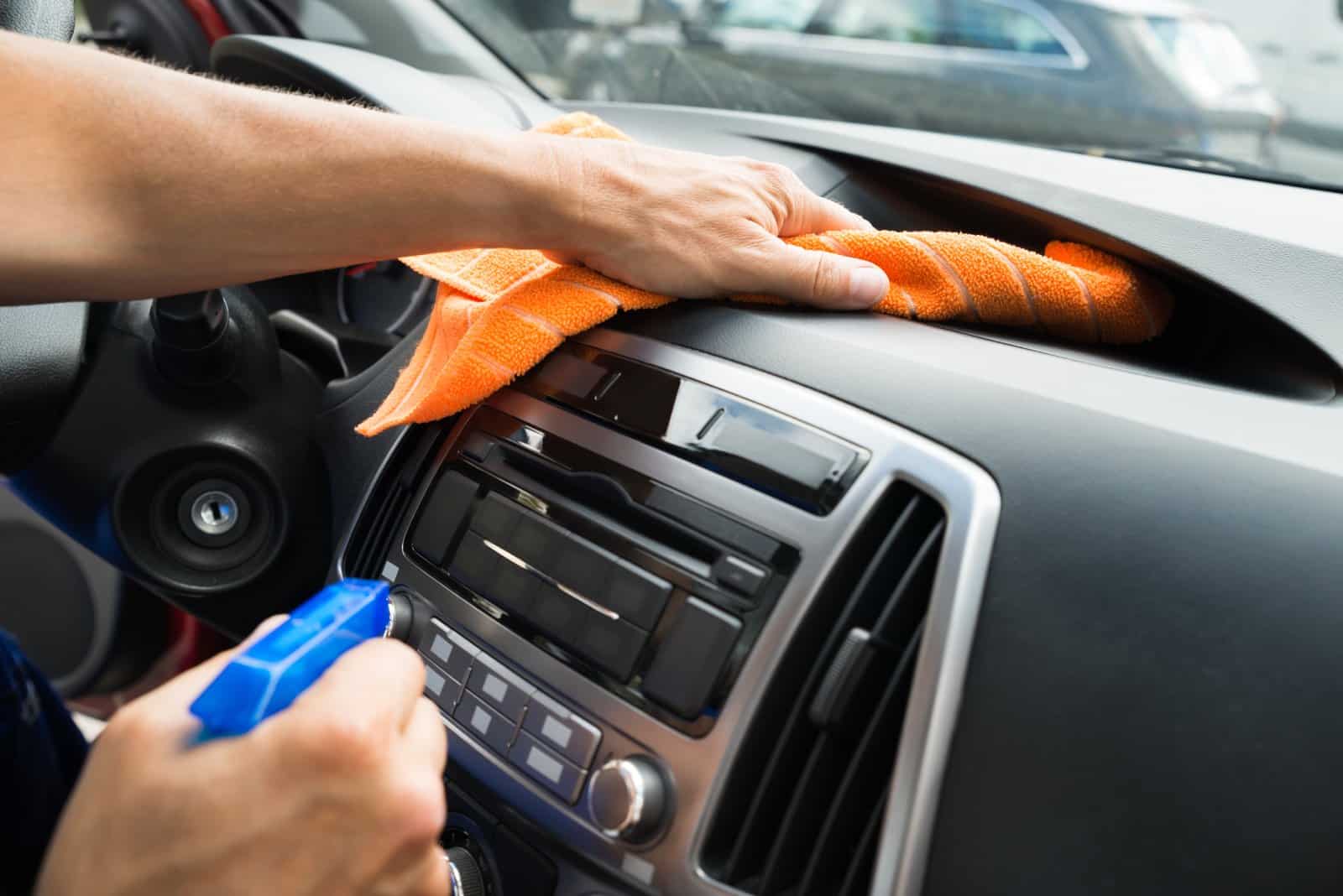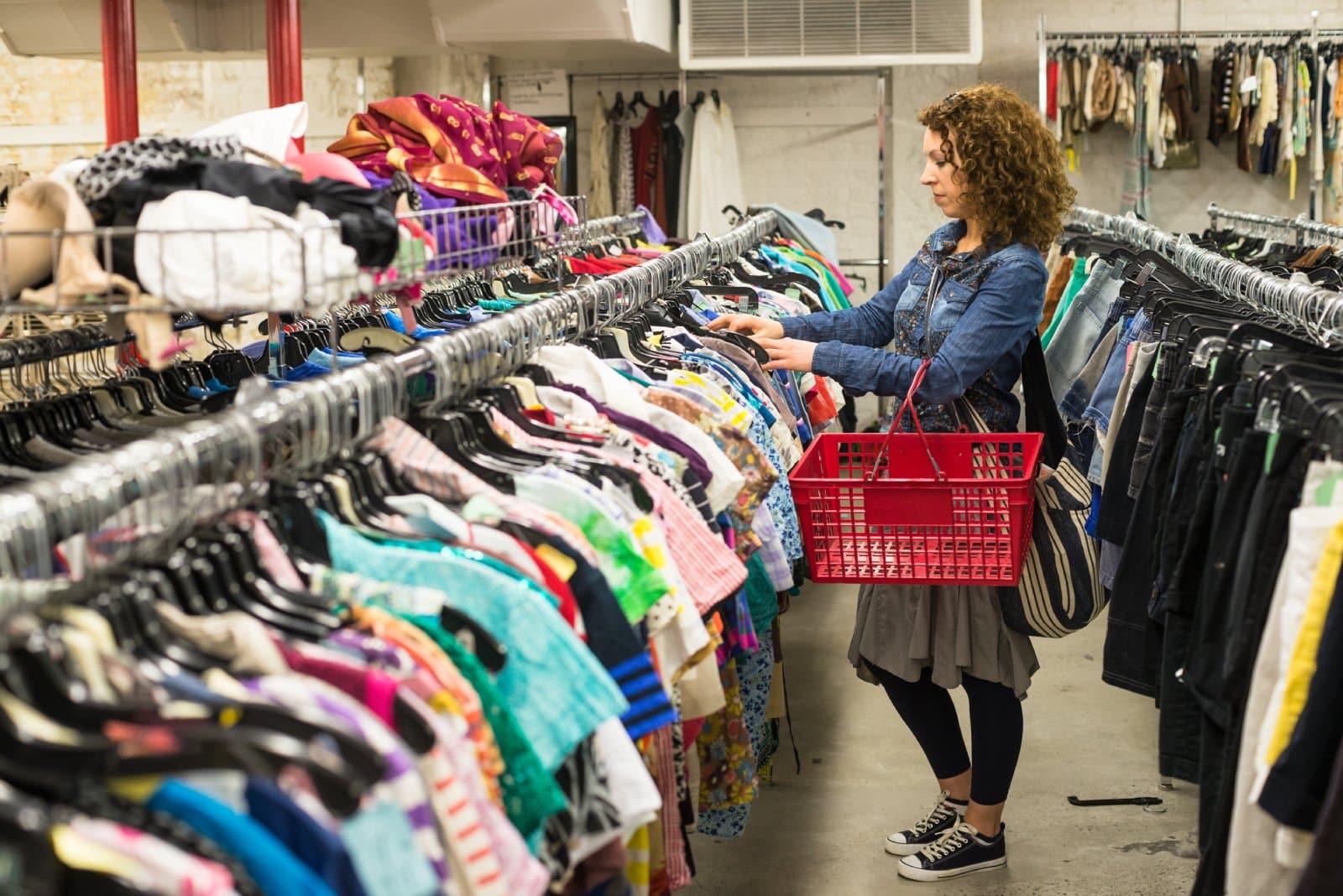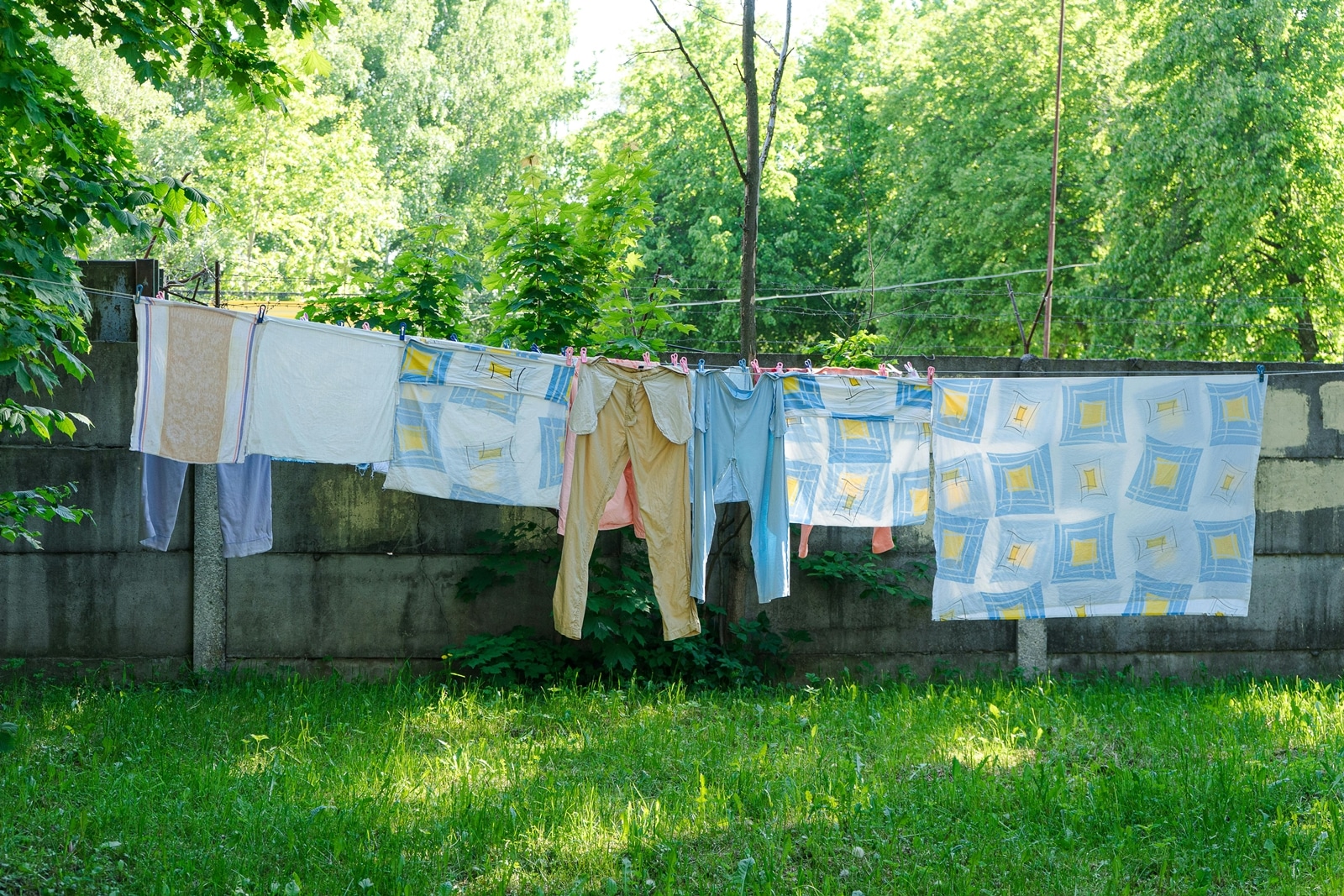Living green doesn’t have to mean spending green. Here are 25 budget-friendly tips to help you save money while saving the planet.
1. Use Cloth Instead of Paper

Switching to cloth napkins and towels can save money and reduce paper waste. Plus, they’re easy to wash and reuse.
2. DIY Cleaning Products

Make your own cleaning products using vinegar, baking soda, and lemon. It’s cheaper and cuts down on harmful chemicals.
3. Grow Your Own Herbs

Start a small herb garden in your kitchen. Fresh herbs are more flavorful and save you from buying packaged ones.
4. Swap Single-Use Items

Replace single-use items like plastic bags and straws with reusable alternatives. It’s a small change that makes a big difference.
5. Shop Second-Hand

Thrift stores are treasure troves for unique and affordable finds. Buying second-hand reduces demand for new products and cuts down on waste.
6. Unplug Electronics

Save on your electricity bill by unplugging electronics when they’re not in use. Standby power can add up over time.
7. Use a Clothesline

Drying clothes on a line instead of using a dryer saves energy and money. Plus, your clothes will last longer.
8. Make a Meal Plan

Planning meals reduces food waste and saves money. You buy only what you need and use up ingredients before they spoil.
9. Buy in Bulk

Buying staples like rice, beans, and pasta in bulk reduces packaging waste and is often cheaper per unit.
10. Switch to LED Bulbs

LED bulbs use less energy and last longer than traditional incandescent bulbs, saving you money on electricity and replacements.
11. Use a Refillable Water Bottle

Invest in a good reusable water bottle. It’s cheaper in the long run and reduces plastic waste.
12. Compost Kitchen Scraps

Composting food scraps reduces landfill waste and creates nutrient-rich soil for gardening. It’s a win-win for your wallet and the environment.
13. Fix Instead of Replace

Mend clothes, repair appliances, and fix furniture instead of buying new. You’ll save money and reduce waste.
14. Carpool or Use Public Transport

Save on gas and reduce emissions by carpooling with friends or using public transportation. It’s eco-friendly and cost-effective.
15. Use Reusable Shopping Bags

Bring your own bags to the store to reduce plastic waste. Many stores even offer discounts for using reusable bags.
16. Make Your Own Beauty Products

Create beauty products like face masks and scrubs from ingredients in your kitchen. It’s cheaper and free of harmful chemicals.
17. Insulate Your Home

Proper insulation can lower your heating and cooling costs. Simple fixes like weather stripping windows and doors can make a big difference.
18. Use Natural Air Fresheners

Freshen your home with natural options like essential oils, baking soda, or houseplants instead of chemical sprays.
19. Turn Off Lights

Make it a habit to turn off lights when you leave a room. This simple act saves energy and cuts down on your electricity bill.
20. Use Rechargeable Batteries

Invest in rechargeable batteries to save money and reduce hazardous waste.
21. Eat Less Meat

Cutting back on meat reduces your grocery bill and your carbon footprint. Try meatless Mondays or other plant-based meals.
22. Upcycle Furniture

Give old furniture new life with a coat of paint or some creative repairs. It’s cheaper than buying new and keeps items out of the landfill.
23. Choose Cloth Diapers

Cloth diapers are cheaper in the long run and generate less waste than disposables. They’re also gentle on your baby’s skin.
24. Save Water

Fix leaks, install low-flow fixtures, and use water-saving techniques like taking shorter showers to reduce water bills.
25. Borrow or Rent

Instead of buying new tools, equipment, or party supplies, borrow from friends or rent. It’s cost-effective and reduces the demand for new products.
Small Changes, Big Impact

You don’t need to break the bank to live sustainably. These affordable hacks prove that small changes can lead to big savings for both your wallet and the planet. Ready to give them a try?
Remote No More: 19 Companies Returning to the Office

As the pandemic wanes, companies are recalling remote workers back to the office, sparking debates on fairness, costs, and convenience. However, there are also notable productivity, coworking, and mental health benefits to consider. Feeling the effects of these changes? Remote No More: 19 Companies Returning to the Office
8 Costco Must Buys and 8 to Leave Behind

Ever wandered Costco’s aisles, questioning if that giant jar of pickles is a real bargain? Or debated buying tires where you get your rotisserie chicken? Welcome to the definitive guide to Costco shopping—a journey to save money, prevent regrets, and offer quirky insights into bulk buying. 8 Costco Must Buys and 8 to Leave Behind
23 Reasons Texas Is the Next Big Thing

Texas is becoming a beacon of opportunity, blending cultural heritage with economic growth. From its landscapes to its industries, the Lone Star State offers a dynamic lifestyle. Here are 23 reasons why Texas stands out, attracting entrepreneurs, artists, tech professionals, and families seeking new beginnings. 23 Reasons Texas Is the Next Big Thing
15 Top Sites to Sell Your Unwanted Goods Besides Craigslist

Selling your unwanted items can declutter your space and boost your income. While Craigslist is popular, there are many alternatives with unique features and wider audiences. Explore these 15 Craigslist alternatives for selling everything from furniture to electronics, finding the perfect platform to turn clutter into cash. 15 Top Sites to Sell Your Unwanted Goods Besides Craigslist
Work from Anywhere: 19 Companies Still Supporting Remote Work

Tired of commuting and craving work flexibility? You’re not alone. Many companies now offer remote work, benefiting both employees and employers. Ever wondered how this shift could enhance your work-life balance? Work from Anywhere: 19 Companies Still Supporting Remote Work
The post – 25 Eco-Friendly Life Hacks That Are Surprisingly Affordable – first appeared on Liberty & Wealth.
Featured Image Credit: Shutterstock / Look Studio.
The content of this article is for informational purposes only and does not constitute or replace professional financial advice.
For transparency, this content was partly developed with AI assistance and carefully curated by an experienced editor to be informative and ensure accuracy.

